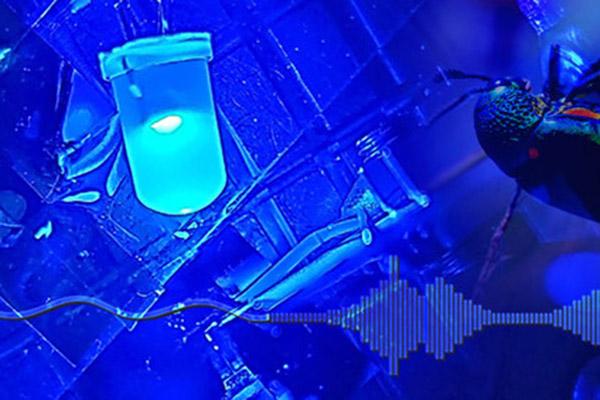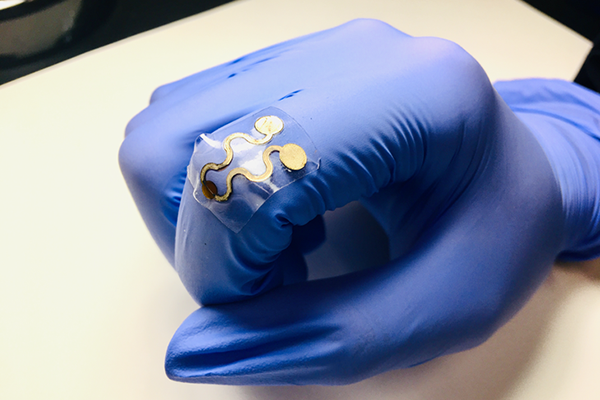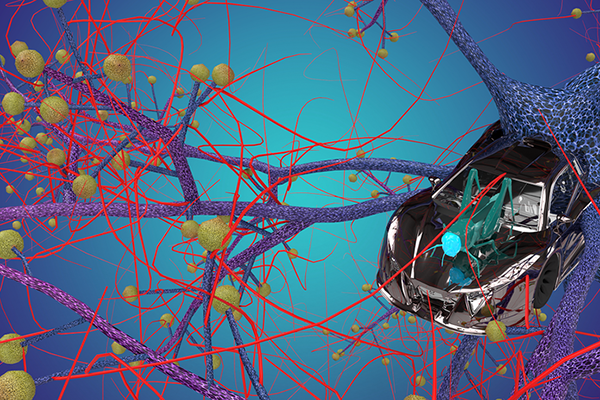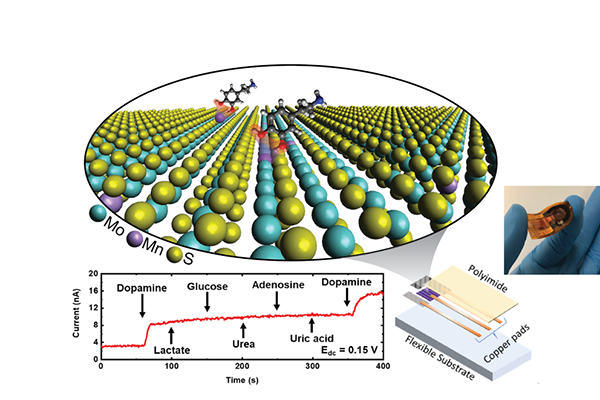Adding noise to enhance a weak signal is a sensing phenomenon common in the animal world but unusual in manmade sensors. Now Penn State researchers have added a small amount of background noise to enhance very weak signals in a light source too dim to sense.
Eighteen students were named National Science Foundation (NSF) Graduate Research Fellowship Program (GRFP) recipients for the 2020-21 academic year. These 18 students join 65 prior recipients continuing in the University’s graduate degree programs through the Graduate School in the Eberly College of Science, College of Agricultural Sciences, College of Earth and Mineral Sciences, College of Engineering, College of Health and Human Development, and the College of the Liberal Arts, as well as, the Intercollege Graduate Degree Programs.
Bo Wang, who earned his doctorate in materials science and engineering from Penn State in August 2020, is the recipient of a Gold Graduate Student Award from the Materials Research Society (MRS). He was selected as one of the seven students to receive the Gold Award from a competitive international cohort of 19 finalists.
A stretchable, wearable gas sensor for environmental sensing has been developed and tested by researchers at Penn State, Northeastern University and five universities in China.
Plagues of locusts, containing millions of insects, fly across the sky to attack crops, but the individual insects do not collide with each other within these massive swarms. Now a team of engineers is creating a low-power collision detector that mimics the locust avoidance response and could help robots, drones and even self-driving cars avoid collisions.
Penn State students are working virtually on the Pennsylvania Solar Center’s Renew PA Works campaign in an effort to educate Pennsylvanians about the benefits of renewable energy, including job creation. The opportunity is made possible through City Semester, an internship program facilitated by the Penn State Center Pittsburgh, a Penn State Outreach service.
Katelyn Kirchner, a doctoral student in materials science and engineering at Penn State, recently earned the Alfred R. Cooper Scholars Award from the American Ceramic Society.
The Department of Defense’s Defense Threat Reduction Agency (DTRA) has awarded a combined total of $51.1 million to two university research alliances to counter threats of destruction, with a specific focus on improving current and developing future warfighter technology. Penn State is leading the Interaction of Ionizing Radiation with Matter University Research Alliance, which was awarded $30 million for the next five years, with the potential of extending the alliance for a total of nine years and $54 million of funding with additional funding opportunities available.
A supersensitive dopamine detector can help in the early diagnosis of several disorders that result in too much or too little dopamine, according to a group led by Penn State and including Rensselaer Polytechnic Institute and universities in China and Japan.
A team of four College of Engineering students, one College of Earth and Mineral Sciences student and one engineering faculty member recently won the top prize in the Ben Franklin (BF) TechCelerator @ State College program.











